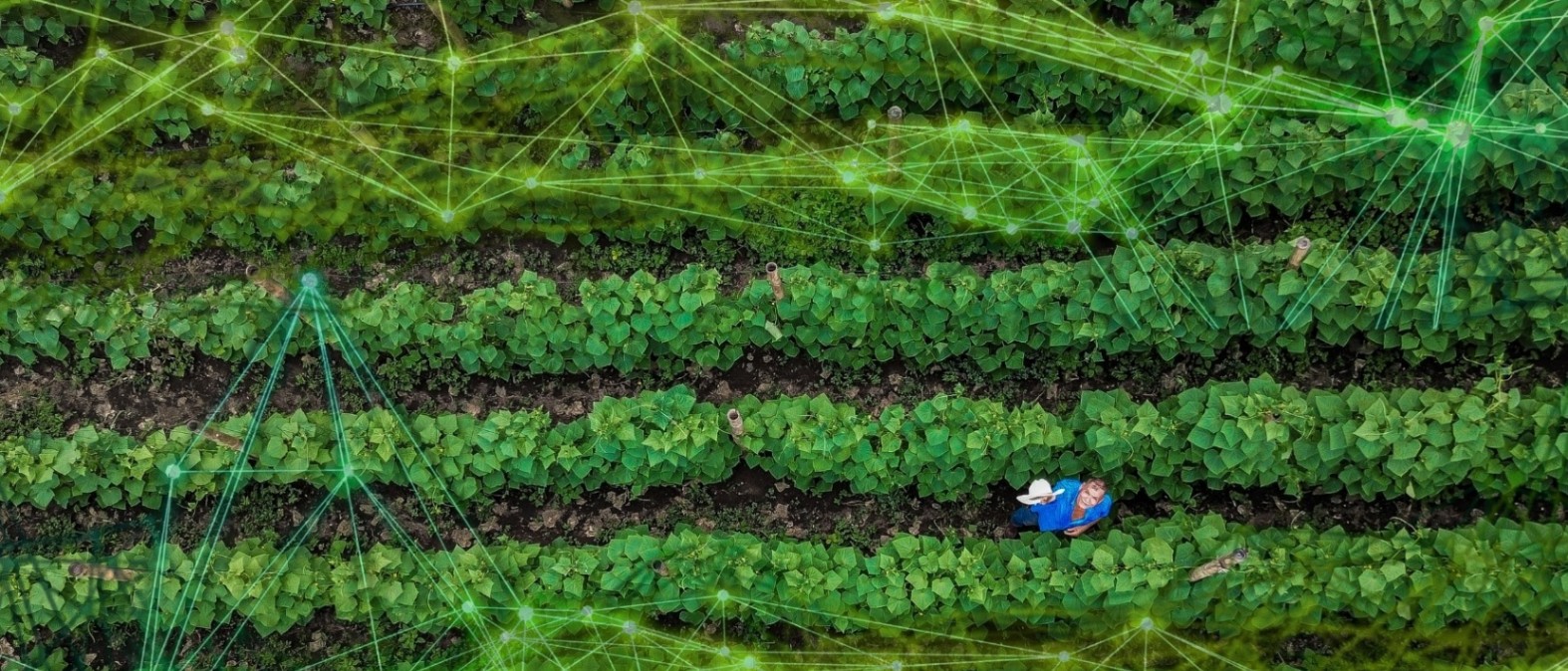Food Safety: Science, Technology, Innovation, and Development strengthen work to prevent illness from contaminated food
The Science in Action Seminar highlighted applications of artificial intelligence and social sciences to strengthen evidence-based policy decision-making in favor of safe food.

©FAO/Mario Araujo
To raise awareness and promote the importance of food safety and the responsibility of stakeholders throughout the food chain, highlighting the role of science as a basis for decision-making, the regional webinar "Science in Action" was held in commemoration of World Food Safety Day.
The meeting was attended by more than 650 participants interested in learning about the experiences of speakers from the governmental, technical, and private sectors from countries such as Brazil, Chile, Guatemala, Mexico, and the Dominican Republic, along with multilateral organizations from the region.
The event was opened by Máximo Torero, FAO Chief Economist and Regional Representative for Latin America and the Caribbean, a.i.; Ottorino Cosivi, Director of the Pan American Center for Foot-and-Mouth Disease and Veterinary Public Health of PAHO; Leonardo Veiga, President of the FAO/WHO Coordinating Committee for Latin America and the Caribbean (CCLAC), headed by Uruguay; José Urdaz, Manager of the Agricultural Health, Food Safety, and Quality Program of the Inter-American Institute for Cooperation on Agriculture (IICA); and Raúl Rodas, Executive Director of the International Regional Organization for Agricultural Health (OIRSA).
Science in action
During the event, successful experiences in food safety were presented. Among them, the application of Artificial Intelligence in the virtual simulation arena for food safety inspection developed by OIRSA, which uses augmented virtual reality for training in preventive procedures and threat alerts.
The Chilean food safety agency, ACHIPIA, presented advances in the social sciences to advance the widespread adoption of a food safety culture that allows for preventive actions, preventing diseases at all points in the chain.
Additionally, it was possible to learn about the case of Brazil in the generation and exchange of data, which is key to generating science-based international guidelines expressed in the Codex Alimentarius of the Joint FAO/WHO Food Standards Programme.
The meeting concluded with a roundtable discussion composed of representatives from governments and the private sector to reflect on the use of data and scientific evidence to guide decisions regarding food safety.
World Food Safety Day
It is estimated that, each year worldwide, 600 million people (1 in 10) become ill from consuming contaminated food. According to WHO data, 77 million of these people live in the Americas, including approximately 31 million children. Of the total number of ill people in the region, approximately 9,000 die each year from consuming contaminated food.
Consequently, food safety is an indivisible component of food security, as it guarantees access to sufficient, safe, and nutritious food for an active and healthy life. Therefore, every June 7, the United Nations commemorates World Food Safety Day to highlight its importance for human health and the development of countries.
Microbiology, toxicology, climate science, data science, social and behavioral science, information technology, and virtual reality are making invaluable contributions, which is why the motto "Science in Action" is being used in 2025.
Contact
Paulina Bravo P. Communicator for the Regional Better Nutrition Priority [email protected]
